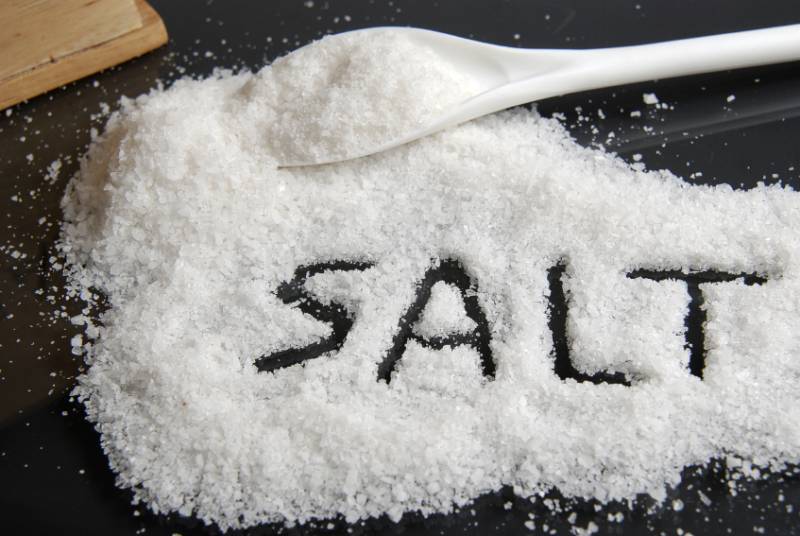Sodium in salt is an essential nutrient for body's nutrient absorption, muscle movement, nerve transmission, cardiopulmonary function and metabolism.
The main component of salt is sodium chloride, of which 39% is sodium and 61% is chlorine. Salt makes up about 0.5% of your body weight.
Read Also: Can An Astronaut In Space Get Pregnant?(Find Out)
Salt is broken down in the body into sodium and chloride ions. Sodium maintains intracellular and extracellular fluid balance and helps regulate nerve and muscle function.
If You Do Not Eat Salt for 10 Days, the osmotic pressure inside and outside the cells will be out of balance, water will enter the cells causing the cells to swell and possible burst.
At this time, it is most likely to experience symptoms such as cerebral edema. In mild cases, there will be disturbances of consciousness, including fatigue, dizziness, lethargy, and trance. In severe cases, shock, coma and even death may occur.
The WHO recommended sodium intake for adults is 2 grams per day, which is equivalent to 5 grams of salt, about 1 teaspoon.




